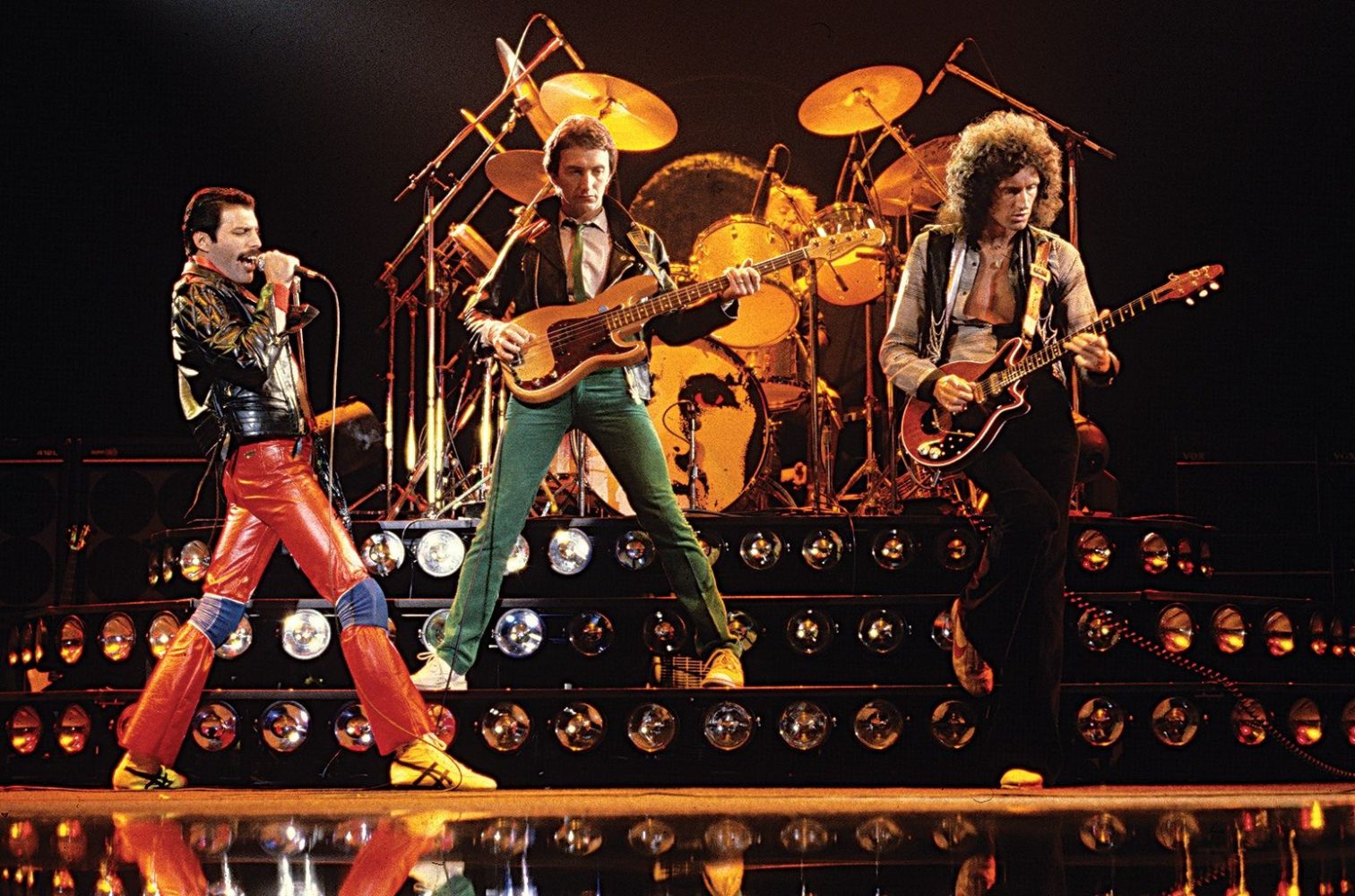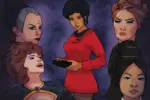The presence of 1980s soundtracks in modern pop culture has become more than a simple fad. From the overwhelming prevalence of ’80s music in “Stranger Things” to the modern remixes of ’80s songs, it has become clear how influential the ’80s has been on musical culture. Without the rise of contemporary pop and alternative music during the cultural revolution that was the ’80s, modern society would be radically different.
’80s music is unmatched in its popularity, being one of the only eras of music that’s recognized by several generations of listeners. Let’s face it — you definitely know at least one artist from this period. Musicians such as Michael Jackson, Madonna and Prince had enormous followings, and were at the peak of their historic careers during the ’80s. Their distinctive sounds and energetic music videos are widely known and loved to this day. Look at any list of the most recognizable music videos, and you’ll see at least one from these artists.
Television played a similarly massive role in the growth of ’80s music. Channels such as MTV and VH1 showcased music in a way that was unprecedented for the time. These television stations were formed in the ’80s and became undeniably huge, growing large followings for their syndicated music videos. Furthermore, these channels paved the road for future media, especially for the worldwide phenomenon that is YouTube.
It should come as no shock to hear that plenty of bands from the ’80s are still praised to this day. Iconic pop bands like Queen and Tears for Fears forged unforgettable tracks for radio waves. Head-banging rock bands, from Guns N’ Roses to AC/DC, literally rocked their voices for concertgoers. Alternative new wave bands such as Depeche Mode and Blondie sparked a new form of musical layering by using electronic conduction. The decade was simultaneously innovative and indelible.
And it’s not just limited to airplay; movies in the ’80s created catchy tunes that are remarkable in their own right. Steven Spielberg and John Hughes thrived in the ’80s with the fantastic, imaginative soundtracks of their respective films. Composers such as John Williams, who conducted for the first three “Indiana Jones” films, and Alan Silvestri, who scored the “Back to the Future” trilogy, dominated the decade with numerous famous themes.
There’s no denying that the ’80s produced a massive number of musical hits. What isn’t as clear is why seemingly all generations relish in this music. According to a study by YouGov that interviewed more than 17,000 adult Americans, ’70s and ’80s music were the most common decades liked by respondents. However, these responses correlated with the generation each participant was born into. For example, those born in the 1960s would prefer ’60s or ’70s music because that’s what they grew up with. Based on this empirical data, why is there still a fascination for ’80s music, let alone ’80s culture?
Although multiple arguments can be made to explain the ’80s’ unmatched appeal, one crucial factor is the stylistic diversity. Prior to the late ’70s and ’80s, music was recorded by bands in select studios, with little to no filters present. In simple terms, whatever was recorded ended up on the track. However, advancements in technology led to new ways of organizing recordings, later resulting in the ability to edit out any unwanted sounds. Wired interfaces helped music evolve from traditional analog recordings to digital formats that could synchronize individual parts. Ultimately, this new technology enabled artists to create works that surpassed the limitations of non-electric instruments.
Roadtrips and Playlists summarizes this point best: “During the ’80s there was a shift in technology. The advent of autotune, synthesizers and programmed drums created a whole new sonic environment. This marked a shift from previous decades defined by a much more raw, unedited sound.”
Another noteworthy aspect originated from the cultural revolution of the ’80s. An undeniable cultural optimism defined this era; despite the constant political tensions resulting from the Cold War, there came a period of rebellious independence and grand adventure storylines within our media. For example, most films made by Hughes during this decade presented underdog portrayals of adolescents, showing kids and teenagers conquering challenging explorations or discovering themselves while facing adversity.
When watching a film or reading a book, we find ways to relate to the characters. We want to connect with what they do and what they say. We get swayed in all different directions by their believable personalities, and we’re able to picture them in our heads. This is why we consume media: we like to cultivate.
’80s music is no different in this regard. Adventurous, bubbly and transcendent are but only a few terms to describe the soundtracks of the ’80s. It was a time where creative endeavors strived for passion and the emancipation of childhood wonder. Play any list of ’80s soundtracks, and you will hear dozens of chords tuned to evoke the insurgence of unfettered youthfulness. It was a motif that helped us endure amidst the chaos of the Cold War.
Beautiful beyond simple examination, the ’80s soundtracks are iconic and revolutionary in every context. The musical decade was a movement of cultural expression and technological advancement. And to this day, its proclivity for invoking passion hasn’t faded. This alone is a testament to the momentous force the ’80s has become to our modern lives. To this day, countless hits and soundtracks fill the air; the nostalgic melodies — regardless of the statistical findings — have left a tremendous impact on our world.
So grab some orange-padded headphones, attempt to fix a Rubik’s Cube and dive into the music that has given generations a time to feel free.

















